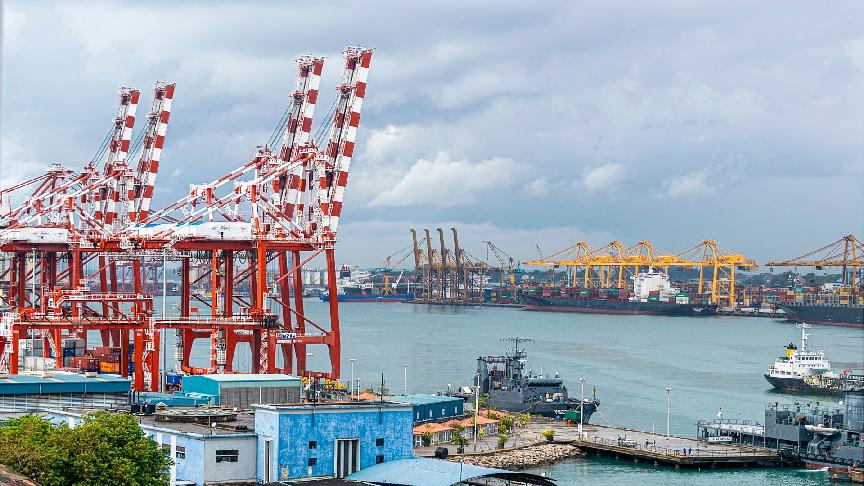3 July 2024 (Lloyd's list) - SOUTH Korea has unveiled an ambitious plan aimed at achieving the highest level of fully autonomous ship technology recognised by the International Maritime Organization by the end of this decade.
The goal was announced by Nam Chang-Seob, head of the Maritime Industry and Technology Division at the Ministry of Oceans and Fisheries, at a recent Kormarine conference.
“Our goal is to achieve IMO Level 3 technology for remote control without crew on board by 2025 and to implement IMO Level 4 for fully autonomous operation without a crew member on board by 2030,” he said.
The IMO’s Maritime Safety Committee has identified four levels of Maritime Autonomous Surface Ships for the purpose of the scoping exercise.
Level 3 refers to remotely controlled vessels without seafarers on board, while Level 4 means the operating system of the ship can make decisions and determine actions autonomously.
Nam listed the commercial benefits of the MASS: solving crew supply and demand problems, reducing personnel costs and training costs. Preventing accidents at sea and efficient voyages by using optimal routes were also mentioned.
His remarks came as the Ministry of Fisheries successfully tested the high-precision marine positioning technology on a real autonomous ship, POS Singapore (IMO: 9974773), in Ulsan.
The technology, co-developed with the Korea Research Institute of Ships and Ocean Engineering, reduces the positioning error of the Global Positioning System from 10 metres to 5 cm.
The 1,800 teu POS Singapore was delivered by HD Hyundai Mipo Dockyard in March to South Korean shipowner Pan Ocean. It was seen by Seoul as the country’s prominent MASS project.
The containership will begin demonstrating autonomous navigation technology such as intelligent navigation and engine automation systems on international routes for one year from September.
With a vision to secure 50% of the MASS market share, the government has invested Won160.3bn ($116m) in the development of such technology from 2020 to 2025.
A budget of Won32.6bn ($23.6m) has been allocated for smart port technologies from 2021 to 2025 to develop smart port-autonomous ship connection technology. The investment aims to build automatic and intelligent systems connected to land so that autonomous ships can enter and leave ports safely and efficiently.
According to an industry bulletin by law firm HFW, a capital market report by PrimeIQ predicts that the global autonomous ships market will have grown from $29m in 2022 to $91m by 2030, reflecting a compound annual growth rate of 18%.
Meanwhile, market growth is not only driven by commercial considerations.
HFW’s bulletin said, “There has been an increase in the use of autonomous technology and MASS for defence purposes. Defence manufacturers moving more aggressively into the space to accommodate the growing interest of global naval, coast guard and port authorities incorporating MASS technologies into their operations.”







